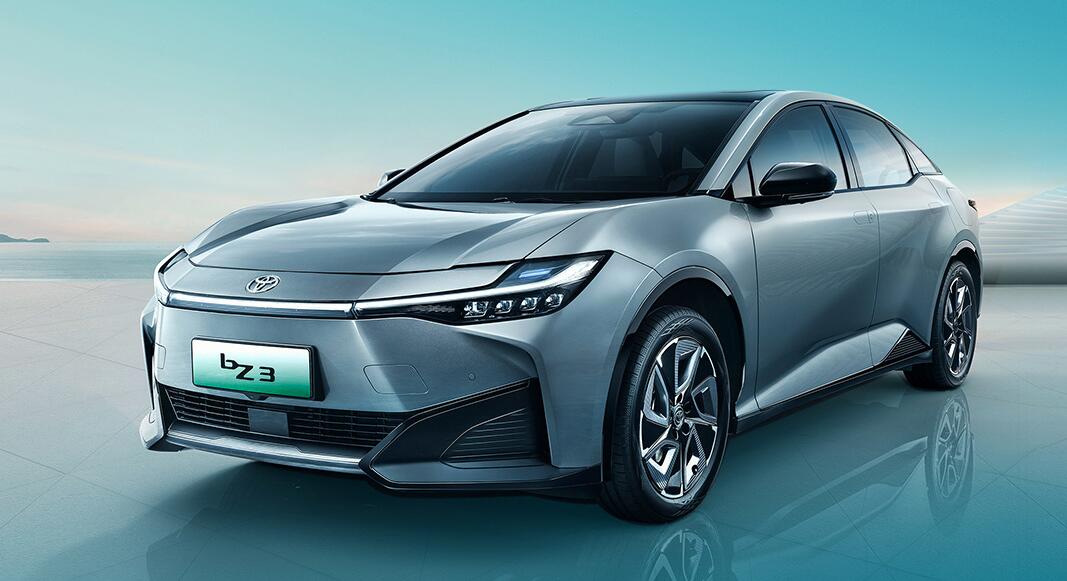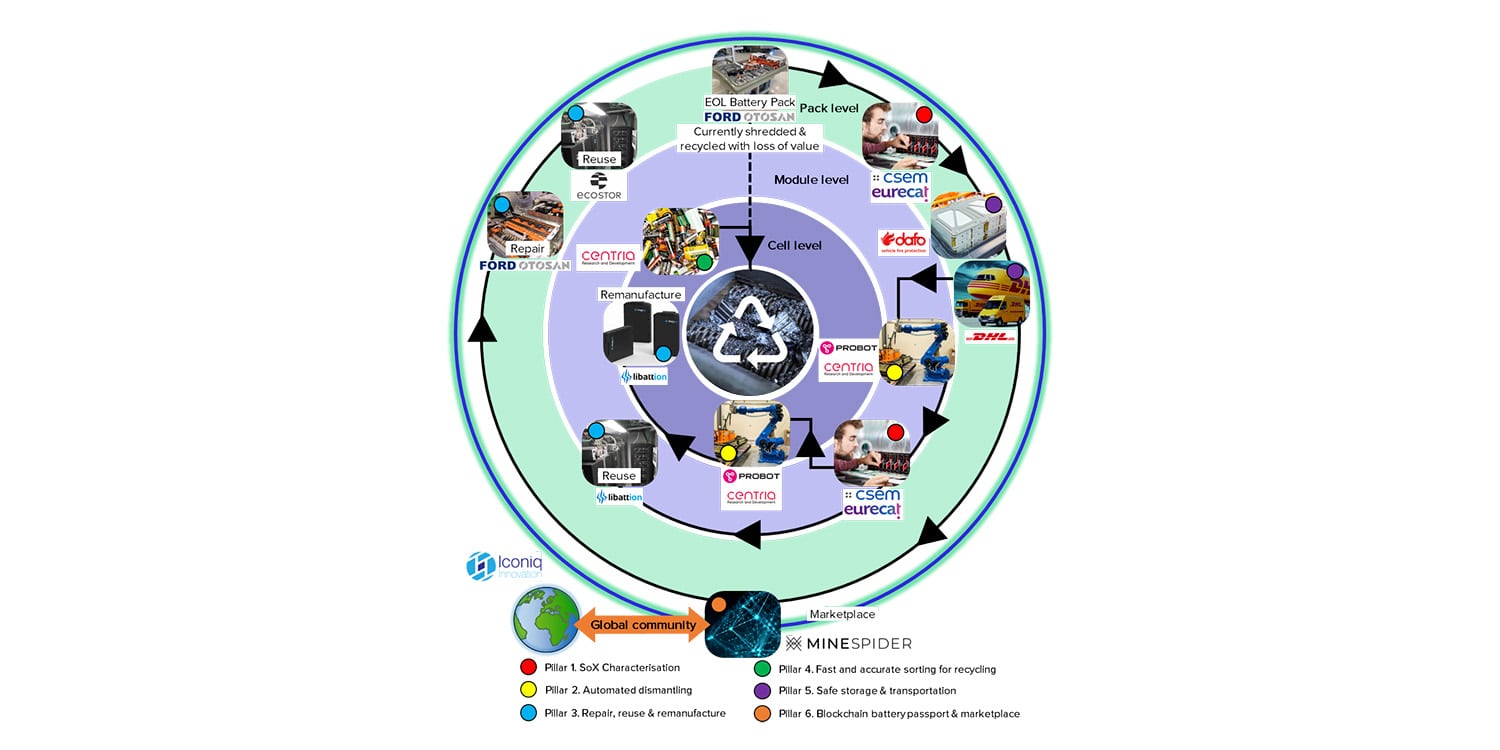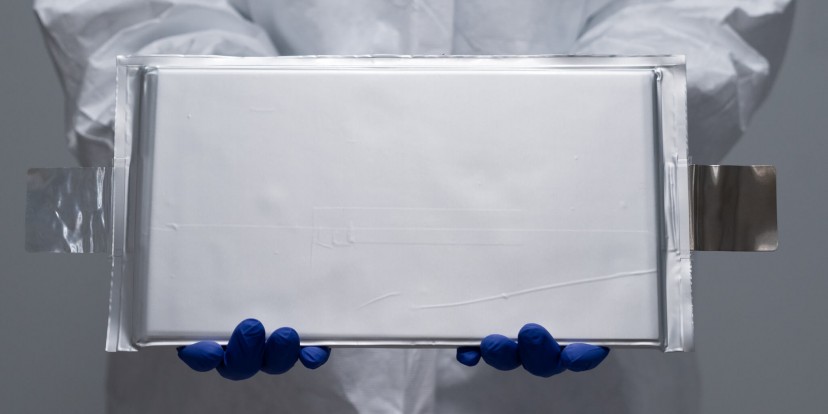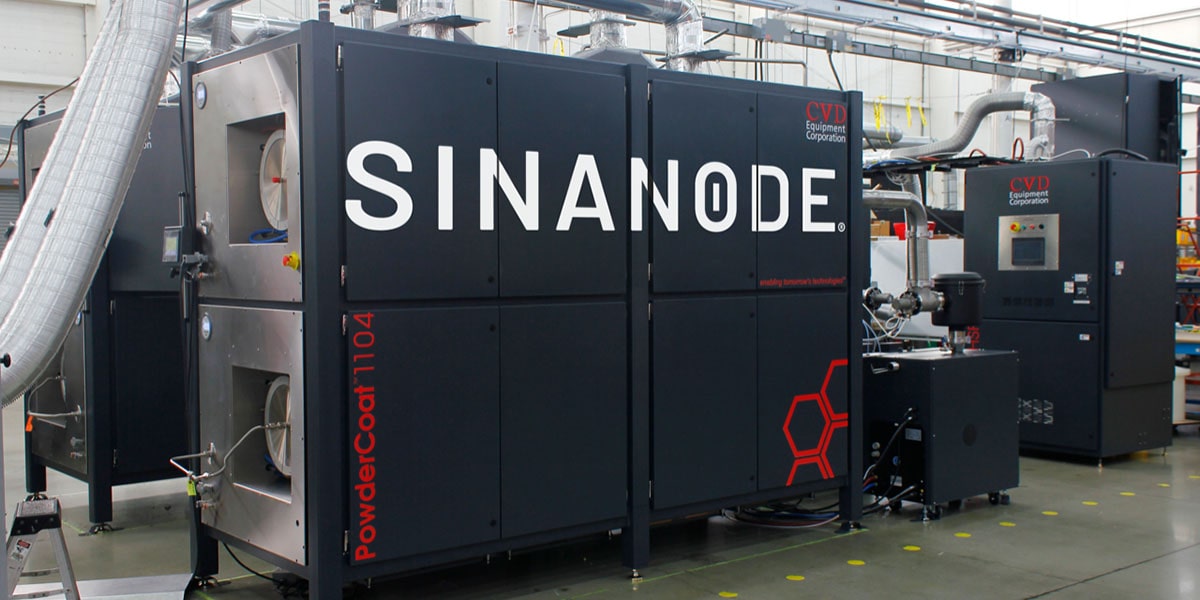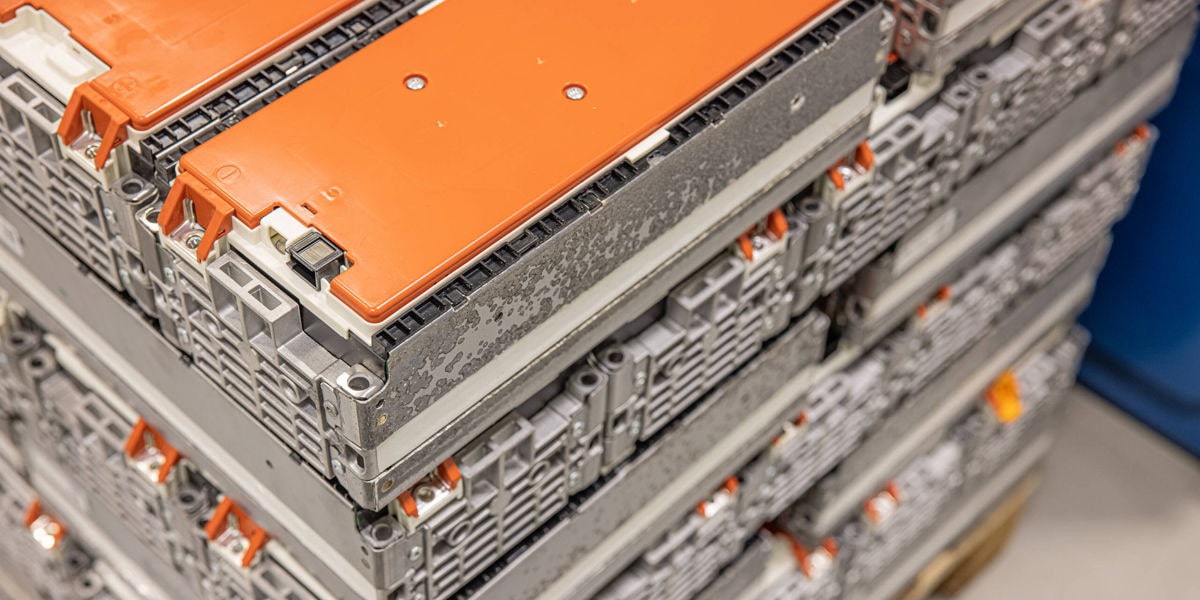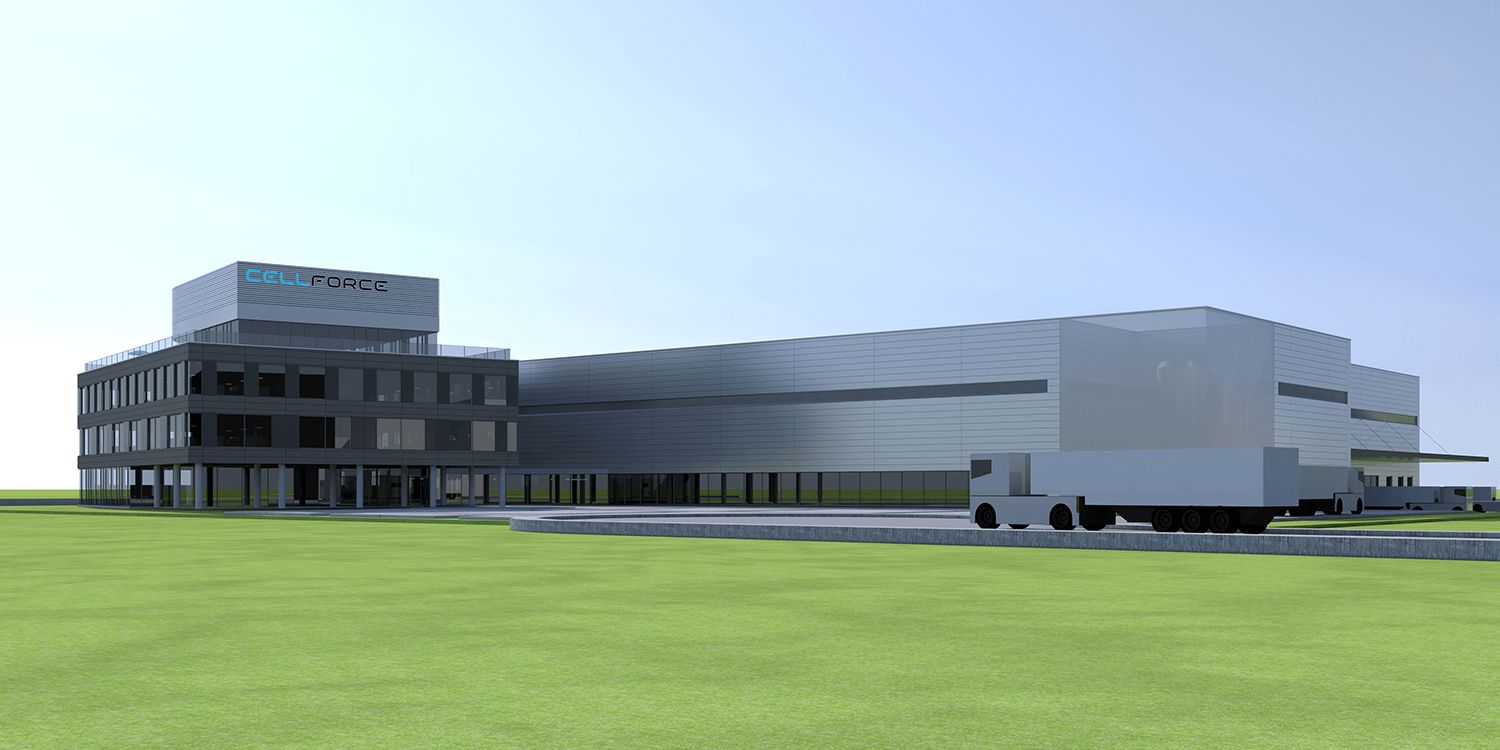Toyota is set to receive a substantial subsidy of approximately $853 million (120 billion yen) from the Japanese government. The funding aims to facilitate the expansion of the company’s electric vehicle (EV) battery production. This move is part of Toyota’s strategy to enhance domestic output and reduce reliance on supply chains associated with China. According to a report by Nikkei, Japanese companies, including prominent Tesla supplier Panasonic, currently account for less than 10 percent of automotive battery usage, while Chinese suppliers such as CATL and BYD control over half of the market share.
Toyota plans to allocate the financial aid towards the development of the next generation of lithium-ion EV batteries. These batteries will utilize bipolar lithium iron phosphate (LFP) technology and are expected to offer a 20 percent increase in range compared to current lithium-ion batteries. Furthermore, the cost of these next-gen batteries is anticipated to be approximately 40 percent lower than their predecessors, which are currently employed in the Toyota bZ4X crossover.
The Japanese automaker aims to commence production of the advanced batteries around 2026 or 2027, coinciding with the launch of electric vehicles based on a purpose-built platform. These vehicles are projected to have an advertised range of approximately 600 miles (965 kilometers) on a single charge.
Apart from advancing lithium-ion battery technology, Toyota intends to allocate a portion of the subsidy towards the research and development of all-solid-state batteries. These batteries hold the potential to extend the driving range of Toyota’s EVs by approximately 20 percent, surpassing the capabilities of the bipolar LFP packs. If successful, the all-solid-state batteries could enable zero-emissions travel of around 720 miles (1,158 km).
Earlier this week, Toyota unveiled an ambitious plan to introduce a new EV platform in 2026, alongside newly developed EV batteries expected to offer a remarkable range of over 900 miles (1,448 km) after 2028. The company, which currently offers only two all-electric vehicles in the United States—the Toyota bZ4X and Lexus RZ crossovers—is determined to leverage giga cast manufacturing methods, akin to Tesla, to reduce manufacturing costs. Additionally, Toyota aims to maximize the aerodynamic properties of its forthcoming battery-powered models.
Toyota’s comprehensive strategy includes launching ten new battery electric vehicles (BEVs) by 2026. Furthermore, the automaker intends to commence production of an all-new electric SUV in Kentucky starting in 2025 and invest $2.1 billion in a battery factory located in North Carolina.
While Toyota is intensifying its investment in EV development, the company remains committed to hybrid electric vehicles and hydrogen-powered vehicles. It is clear that Toyota is strategically positioning itself to compete in the evolving landscape of sustainable mobility.

